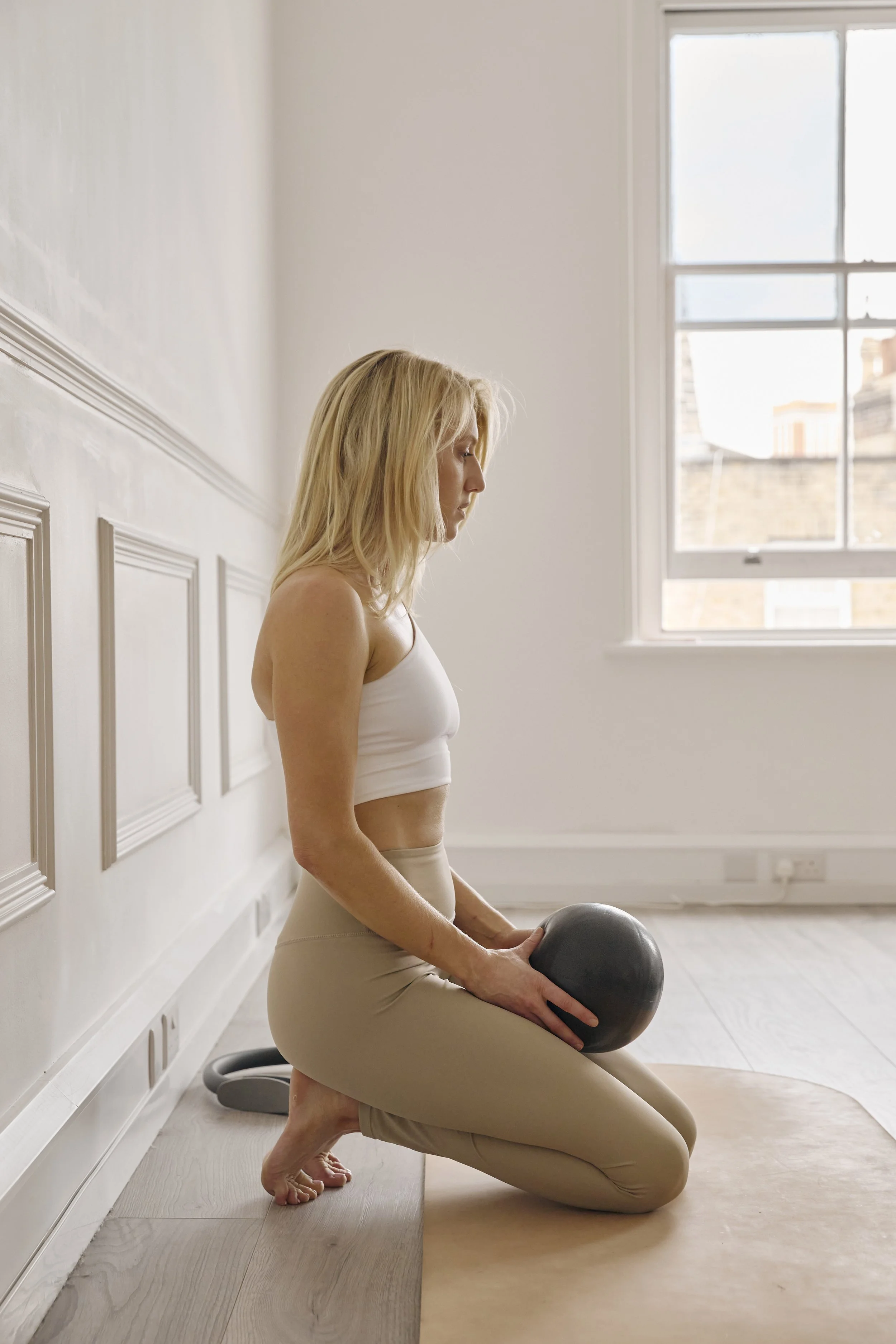How to trust yourself
We often think and talk about trust. Whether we trust our friends with our secrets, our partners with our hearts, the universe with our future. But how often do we ask the superior question of whether we trust ourselves?
Defining trust is difficult. The Cambridge Dictionary says it is the belief that something is safe and reliable. But to believe, or to feel, suggests a passiveness to what is actually a verb. When we talk about the trust we have in ourselves, passiveness is not helpful. The truth is that gaining and maintaining trust in oneself is neither passive nor easy. Just like gaining the trust of another human, learning to trust ourselves takes practice, commitment, and discipline, particularly if the trust we had in ourselves has been badly damaged.
You may be thinking, but of course I trust myself. I have inner access to all my thoughts. I am myself, so how could I not trust myself. Before you cement this conclusion, ask yourself these questions:
Do you take action to pursue your goals and dreams?
Do you keep all of the commitments you make to yourself?
Do you make excuses for your toxic behaviour patterns?
Do you constantly seek out the opinions of those who you know will affirm your decision, and avoid the opinions of those who you know will not support them?
Do you constantly compare yourself to others?
Children are born with an innate sense of trust in themselves. Life has not yet impressed upon them feelings of shame or fear. However, as we grow older, our trust in ourselves can become overridden by our life experiences. We make decisions and take courses of action that don’t feel quite right out of a desire to be loved, or to fit in, or to feel safe. These decisions create cracks in our relationship with ourselves. We feel disappointment, even shame, and ultimately less sure of our ability to do what is best for us.
Mending and strengthening the trust you have in yourself is life-changing. By trusting yourself, you will experience improved self-esteem, clearer decision making and reduced stress levels. You take more risks, learn more, receive more rewards and ultimately live more life. You will have greater trust in others, leading to more meaningful relationships, and navigate challenges and adversity with more resilience.
So how can you build trust in yourself? I recommend the following:
Spend time alone to understand your true values and desires, and also recognise what aspects of your life leave you feeling anxious and low
Set reasonable goals and work every day to achieve them
Keep the commitments you make to yourself and others
Seek to change unhelpful behaviours rather than make excuses for them (as Brian Tracy would say, vote yourself off ‘excuse island’)
Try new things, even if they scare you
Seek out the opinions of only those who care about you and who you believe will give you an honest, objective view
Learn from your mistakes, rather than dwelling in shame and self-loathing
Stop comparing yourself to others and stay in your own lane. You have no idea what their life is really like anyway.

